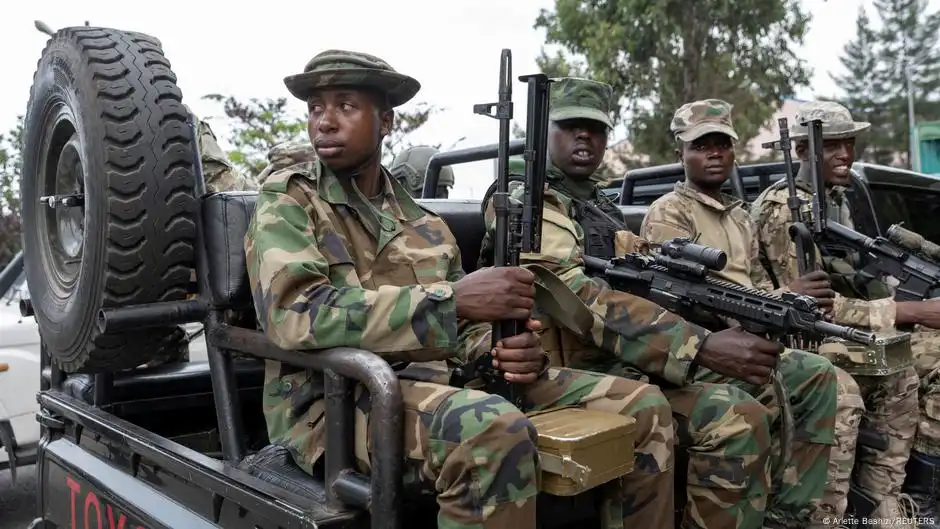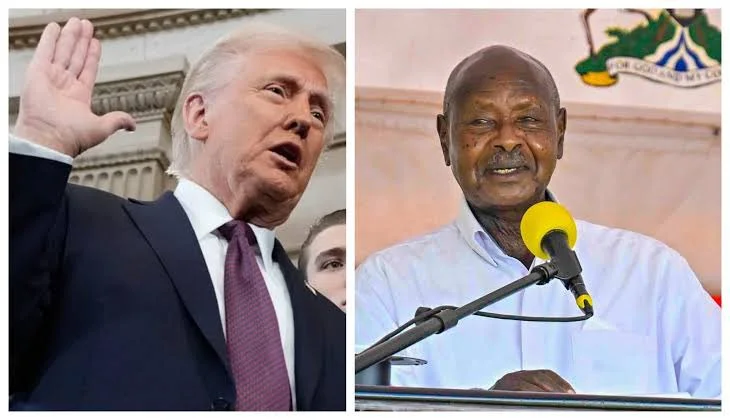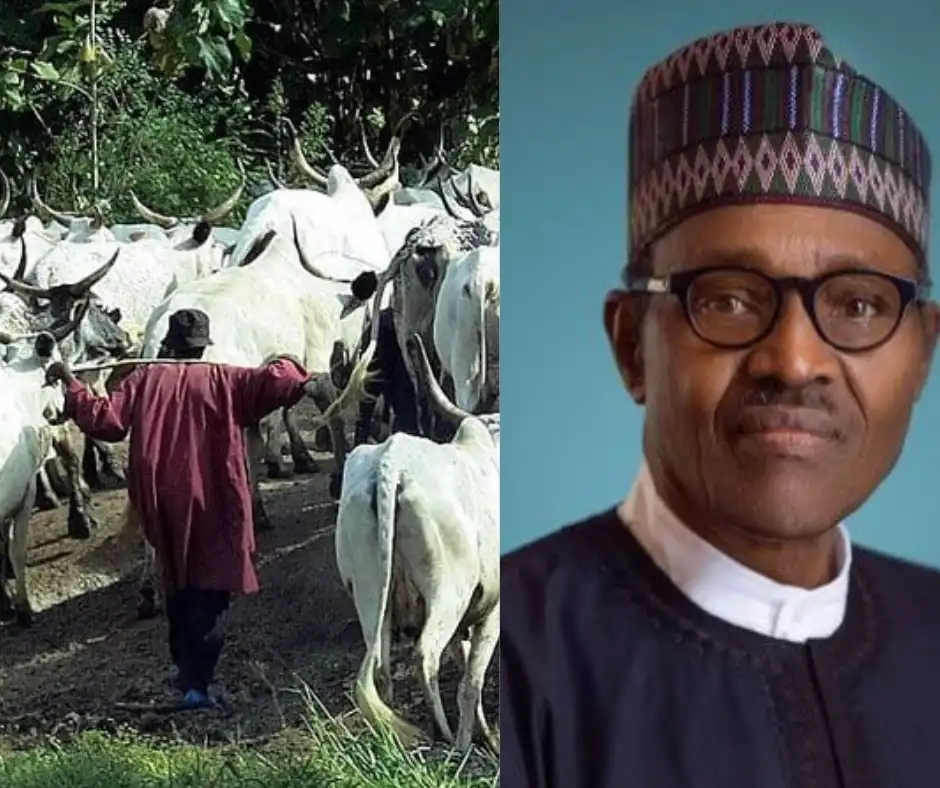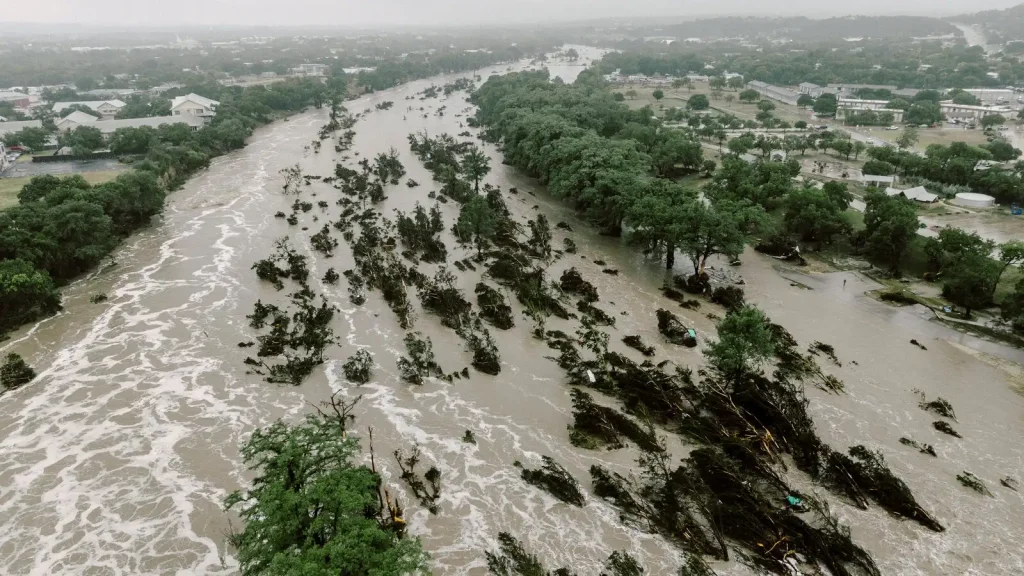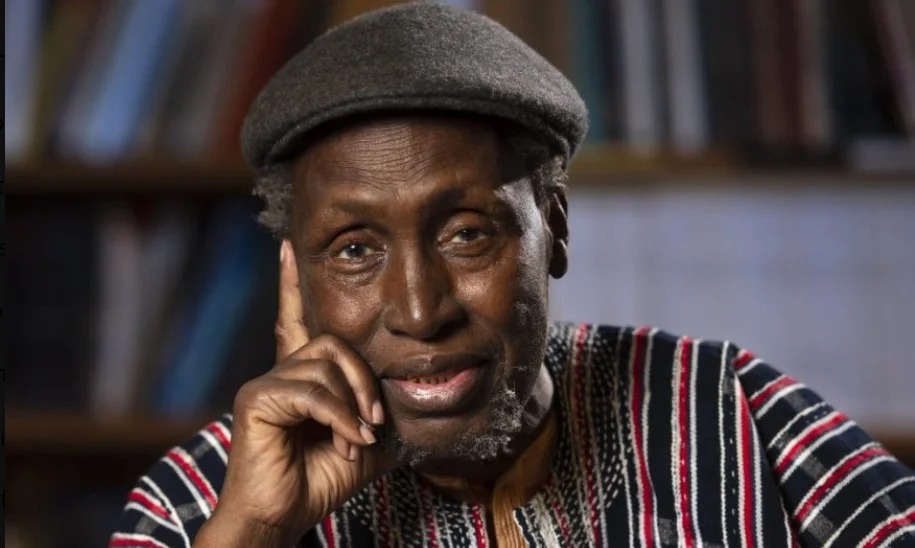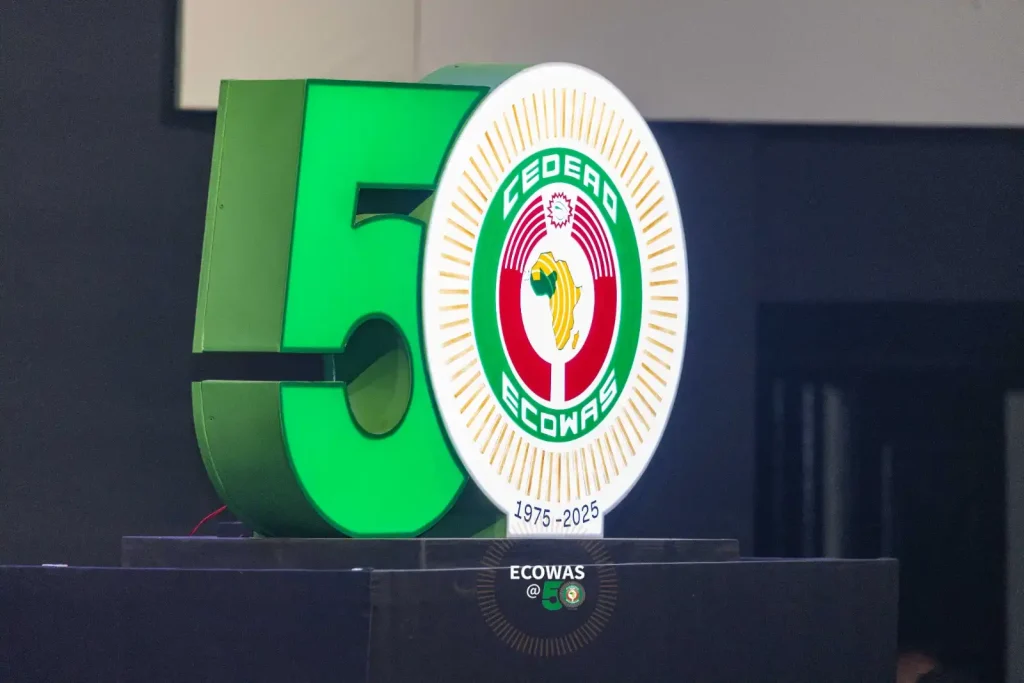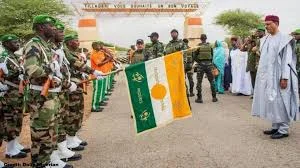 Niger’s political stability in 2021 marked a turning point in the country’s democratic journey. Following the presidential elections on December 27, 2020, Niger experienced its first peaceful transfer of power between two elected leaders. This historic transition set a positive precedent for political governance in the West African nation, which had previously been plagued by military coups and governance issues.
Niger’s political stability in 2021 marked a turning point in the country’s democratic journey. Following the presidential elections on December 27, 2020, Niger experienced its first peaceful transfer of power between two elected leaders. This historic transition set a positive precedent for political governance in the West African nation, which had previously been plagued by military coups and governance issues.
On March 21, 2021, Mohamed Bazoum of the ruling Nigerien Party for Democracy and Socialism (PNDS) was inaugurated as Niger’s new president, after winning approximately 55.75% of the vote in a runoff election against Mahamane Ousmane. The elections were widely praised for their peaceful and transparent nature, despite minor logistical challenges, and were monitored by both domestic and international observers. Bazoum’s victory was seen as a critical moment in Niger’s political stability in 2021, as he succeeded outgoing President Mahamadou Issoufou, who respected the constitution by stepping down after his second term.
However, despite the peaceful political transition, Niger’s political stability in 2021 was tested by ongoing security challenges. Jihadist groups operating in the Sahel region continued to launch attacks, especially in areas near the borders with Mali and Burkina Faso. These attacks displaced thousands of civilians and strained local resources, posing a significant threat to the new administration.
In his inaugural address, President Bazoum emphasized his administration’s commitment to strengthening military forces and improving cooperation with international partners to combat terrorism. Building on the efforts of his predecessor, he sought to restore peace and security in the country, while also focusing on addressing the root causes of instability, such as poverty and unemployment.
Economic development was another critical focus of Bazoum’s government. Recognizing that Niger’s political stability in 2021 depended on reducing youth unemployment and improving infrastructure, his administration pledged to create job opportunities and invest in long-term development projects that would strengthen social cohesion.
As international observers kept a close eye on Niger’s political stability in 2021, the peaceful election process was seen as a major step forward for democratic governance in the region. Yet, the challenges ahead were formidable, particularly in addressing the ongoing security threats from jihadist factions. The ability of the Bazoum administration to navigate these challenges would shape Niger’s future and its standing within the West African region.


